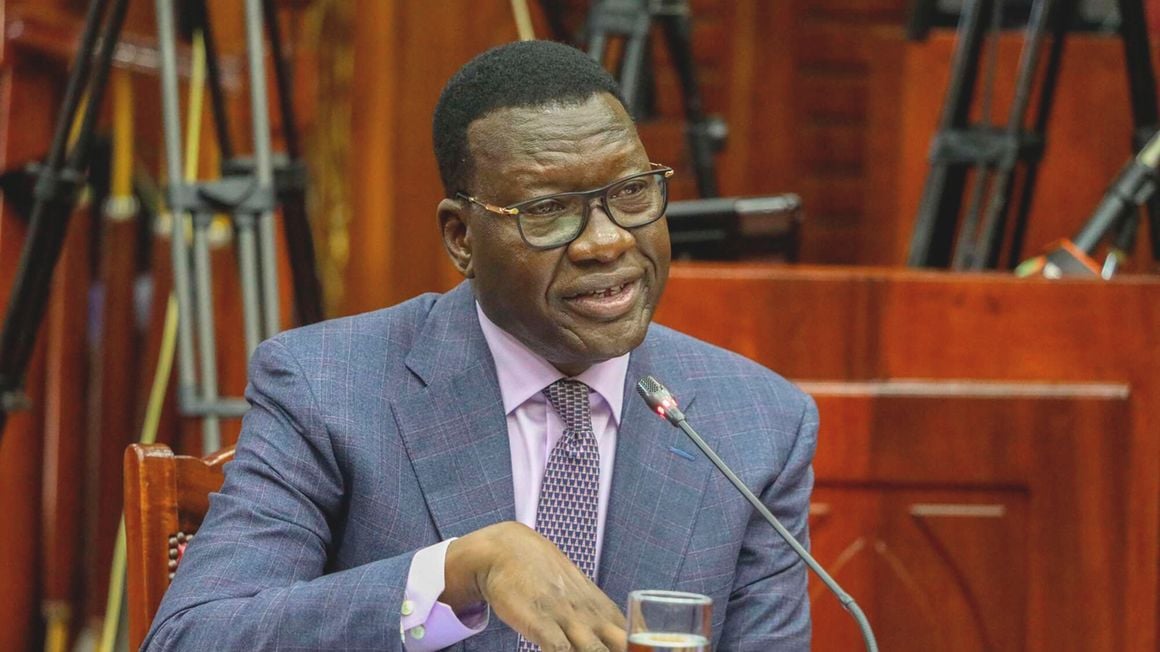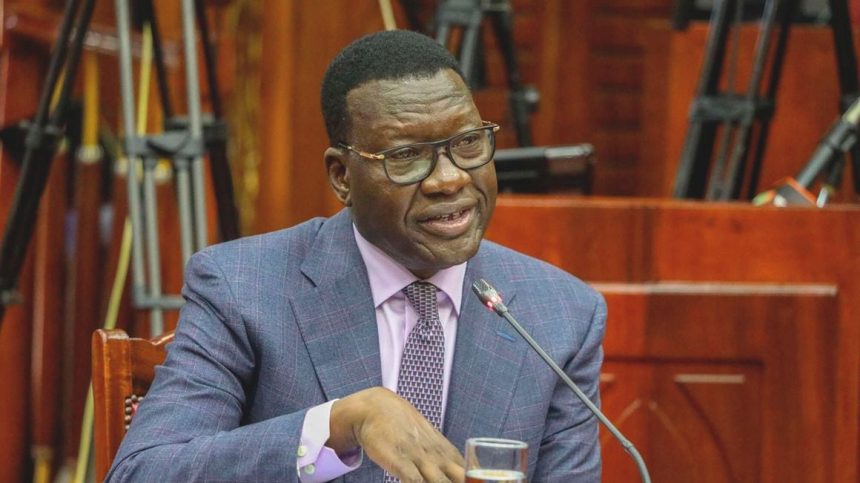Rogue fuel dealers have resumed adulteration of diesel, taking advantage of the huge price difference between the commodity and kerosene that has made it attractive for blending to increase profits.
Energy and Petroleum Cabinet Secretary Davies Chirchir said last week that the resurgence in adulteration is negating the gains made through the anti- adulteration levy.
The levy was introduced in 2018 at the rate of Sh18 per litre of kerosene, bringing the prices of the commodity at par with diesel in a bid to deter rogue dealers from adulteration.
A litre of kerosene is, however, at least Sh17 cheaper than diesel in the current pump prices due to a subsidy.
“What we are seeing today is an increase in adulteration of diesel due to the high prices. This (high diesel price) incentivises unscrupulous traders to use kerosene and mix with diesel in an effort to make more money,” Mr Chirchir said.

Fuel adulteration hits the performance of engines and unfair competition among marketers, besides denying the State revenue.
The trade has been cited as rampant along the Northern transport corridor (highway from Mombasa to neighbouring countries) as rogue dealers cash in on the heavy trucking activity along the route.
The surge in the adulteration of diesel has also brought to question the government’s decision to continue subsidising kerosene.
A litre of kerosene was more expensive than diesel two years ago, making it unattractive to use in blending with diesel.
Read: Motorists pay Sh15bn in eight months to stabilise fuel prices
In January 2020, a litre of kerosene sold for Sh103.95 compared to Sh102.32 for diesel.
But heavy subsidisation of kerosene from 2021 has made it cheaper compared to diesel, setting the stage for a return to the vice.



